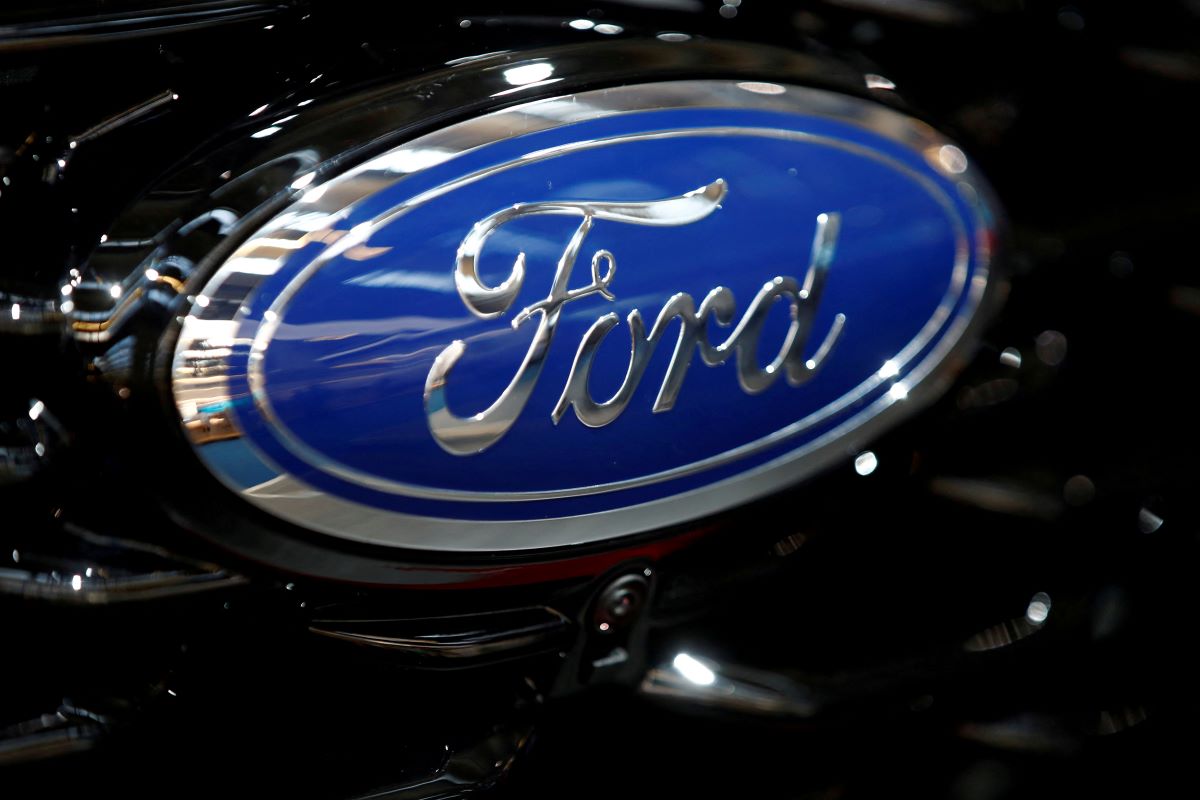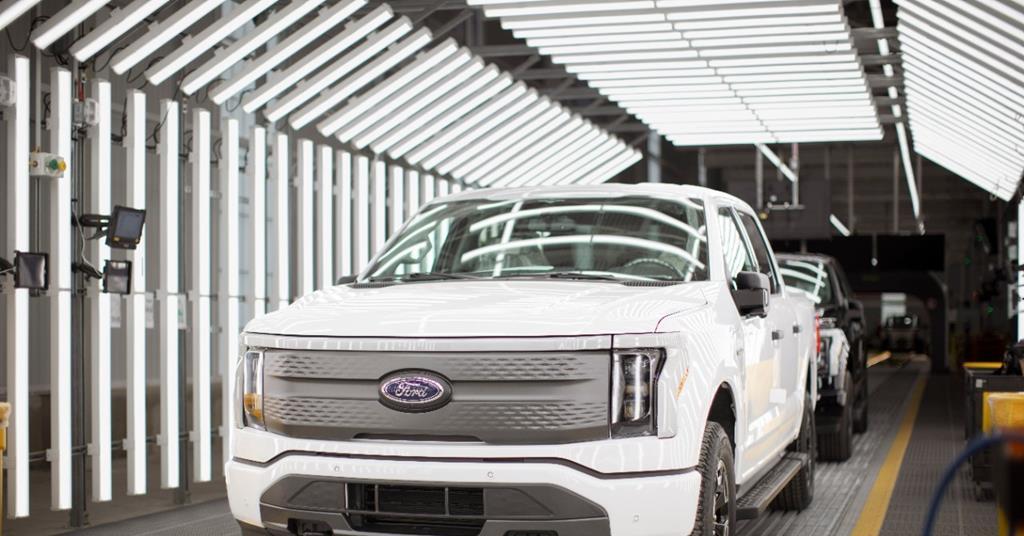Ford Motor is revising its electric vehicle (EV) strategies, including “reassessing” whether it should continue in-house battery production, according to CEO Jim Farley on Tuesday.
The Detroit-based automaker had previously announced plans to delay or reduce $12 billion in spending on electric vehicles.
However, Farley’s comments on Tuesday provide the most detailed insight into Ford’s evolving plans for EVs, whose sales are growing at a slower pace than anticipated.
“We’re taking advantage of some timing delays to rationalize the level and timing of our battery capacity to align with demand.
We are also reevaluating our reliance on vertical integration and looking for new chemistries and capacities,” Farley explained during the company’s fourth-quarter earnings call.
Farley reiterated Ford’s belief in the long-term growth of EVs but acknowledged that widespread adoption among mass-market consumers won’t occur until the costs of EVs become more competitive with traditional vehicles.
Currently, EVs are generally several thousand dollars more expensive than gasoline-powered vehicles.
Additionally, Farley revealed that Ford has a “skunkworks” team working on a new, smaller, and more affordable EV platform that could be used across various vehicle types.

He did not provide a timeline for when the first vehicle based on this platform might launch.
Ford’s Chief Financial Officer, John Lawler, noted that the company is reassessing its vertically integrated approach to battery production through joint ventures rather than relying on third-party suppliers.
This reassessment also involves adjusting production capacity to better align with demand and potentially delaying next-generation EVs to ensure they meet profitability criteria given the current market conditions.
The company’s EV division, Model e, experienced a loss of $4.7 billion last year, including $1.57 billion in the fourth quarter of 2023.
This loss was offset by profits from the company’s fleet and traditional internal combustion engine units, which each earned over $7 billion last year.
Lawler mentioned that the EV unit will need to become self-sustaining “sooner rather than later.” He also indicated that the company is withdrawing its earlier target for an 8% margin by 2026 and has revised its goal of selling two million vehicles annually by that time.
As Ford scales back and re-evaluates its EV business, it plans to focus more on hybrid vehicle sales, particularly trucks. The company anticipates a 40% increase in hybrid sales this year, having sold 133,743 hybrid vehicles in the U.S. in 2023.







Leave a Reply